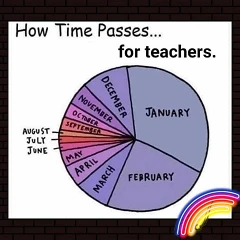There’s a debate concerning the value of assigning homework. Is it beneficial, or is it demotivating for students? How can we, as teachers, find a balance between helping or harming our students? Below we provide some tips for making homework a meaningful process for learners.
Be clear, be specific.
Ensure that students understand why they are doing it and how it ties into the overall learning goals and lesson objectives. Students tend to overlook what they consider as ‘unnecessary’. You want to be explicit to students on the purpose of each homework assignment. The ideal would be to refer to real-world applications to demonstrate relevance.
Use the workbook in class.
There is a misconception that the workbook should be exclusively used for homework. By bringing it into the lesson it makes it clear to the students that both coursebooks and workbooks are part of the teaching process. For teachers, this is a way to understand their students’ gaps; for students, it is their chance to consolidate what they have learnt. Consider trying to plan a lesson with both the student’s book and the workbook in mind, if you think an exercise fits well with the lesson.
Be realistic!
This one is pretty obvious on its own- less is more! There is no point in assigning exercises that students won’t have the time or energy to do them. This may lead to discouraging students instead of helping them.
Be creative when marking.
One idea is to write the answers to exercises on the blackboard and ask the students to mark each other’s work. Focus on any problems the students are having immediately. You can also invite students to come to the board and write up their answers. Use different students each time. This will keep students on their toes.
Encourage teamwork.
Add a little bit of… spice, by assigning group projects and encouraging collaboration. Participating in collaborative tasks serves as an enjoyable and efficient method for learners to refine their teamwork and communication abilities while consolidating what has been learnt. Consider making group debates or group presentations, which can foster a sense of fair competition among the teams.
When done thoughtfully and with purpose, homework becomes a valuable tool for both teachers and learners alike.
.png)









